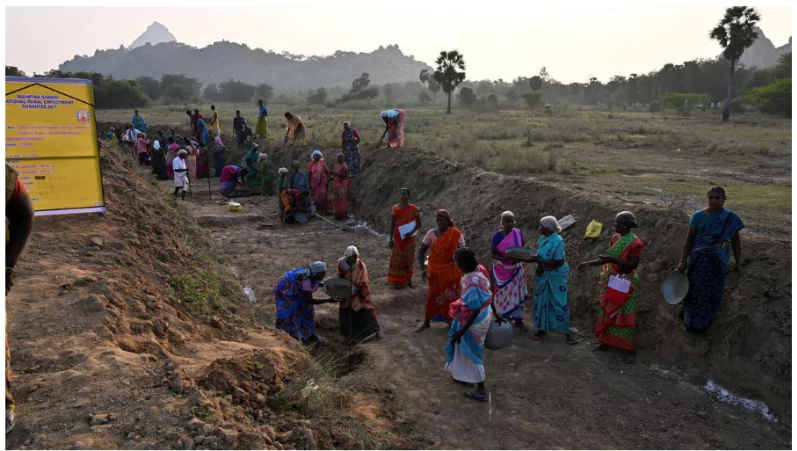![]() 13 Jun 2025
13 Jun 2025
English
हिन्दी

The Union government is introducing new rules for how its schemes are funded and continued. The goal is to make sure government money is spent more effectively.

Fully Funded Central Schemes
Centrally Sponsored Schemes (CSS)
|
|---|
<div class="new-fform">
</div>